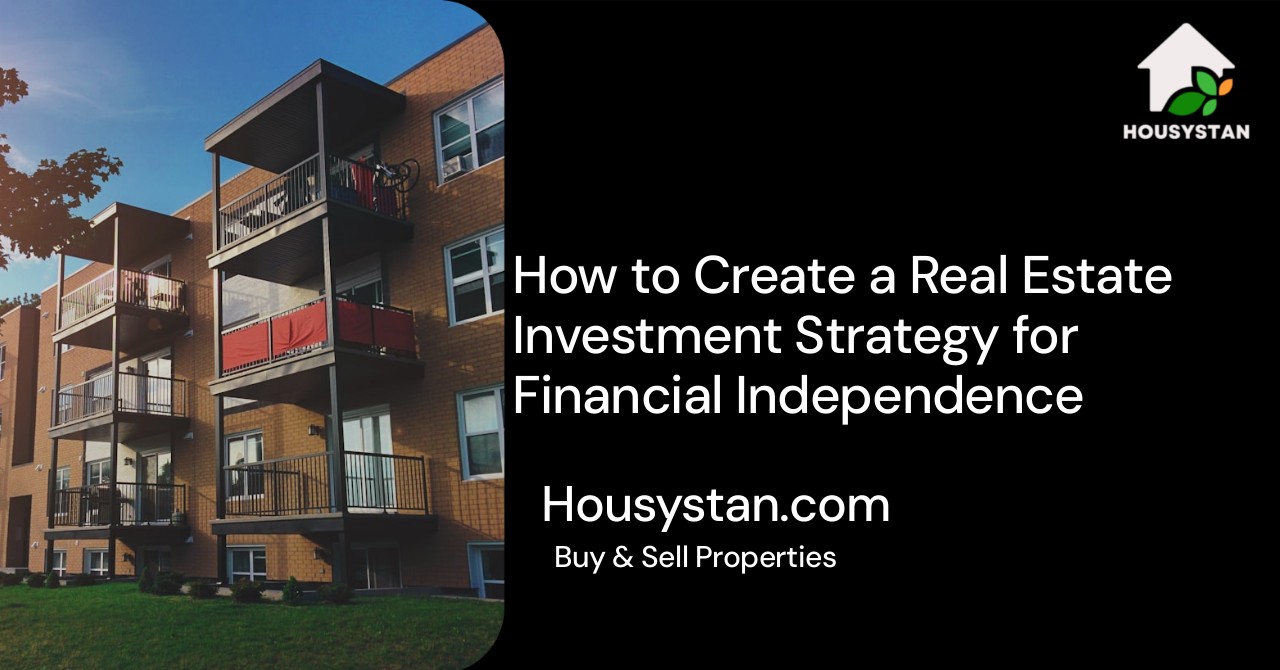How to Create a Real Estate Investment Strategy for Financial Independence
Read latest blogs and articles from Housystan

The Information mentioned here was last updated on:
29/1/2026Developing a successful real estate investment strategy is crucial for achieving financial independence, especially if you are targeting lucrative markets in your local area. Whether you live in New York, Los Angeles, Miami, Chicago, Dallas, or any other city, understanding your geographic market allows you to make informed decisions that maximize returns and minimize risks. The process begins by thoroughly researching neighborhood trends, school districts, transportation access, and future development plans. This geo-targeted research helps investors pinpoint high-demand locations that offer substantial appreciation and rental income potential.
After identifying promising areas, it’s vital to establish clear investment goals. Are you seeking steady cash flow, long-term property appreciation, or a mix of both? Defining your objectives helps you select the right property types, whether single-family homes, multifamily units, or commercial spaces. In cities like Austin or Seattle, for instance, the rental market may be more robust, making buy-and-hold strategies particularly attractive. Meanwhile, in rapidly growing suburbs, fix-and-flip techniques might yield faster profits.
Once your goals are set, secure your financing options. Explore mortgages, hard money loans, partnerships, or leveraging home equity to expand your portfolio. Real estate investors in major metropolitan areas often benefit from diverse funding sources and local lenders who understand regional market dynamics. It's also wise to network with local realtors, property managers, and contractors who can provide valuable insights and referrals, ensuring your investments stay competitive and profitable.
- Verified Tenants/Buyers
- Unlimited Property Listing
- Zero subscription/charges fee
Another essential step involves thorough property analysis. Evaluate each opportunity based on cash flow projections, maintenance costs, and expected appreciation. Use geo-specific data, such as city ordinances, local tax rates, and vacancy trends, to accurately forecast your returns. This data-driven approach minimizes surprises and maximizes your path to financial independence.
Finally, continuously monitor your portfolio and adjust your strategy as market conditions evolve. Stay updated on regional economic shifts, zoning changes, and infrastructure projects that could impact property values. By integrating SEO and geo-friendly tactics, such as including city or neighborhood keywords in your listings and digital content, you enhance your visibility to both search engines and AI platforms, attracting more leads and opportunities. With a well-crafted, location-focused investment plan, you can confidently progress toward lasting financial freedom.